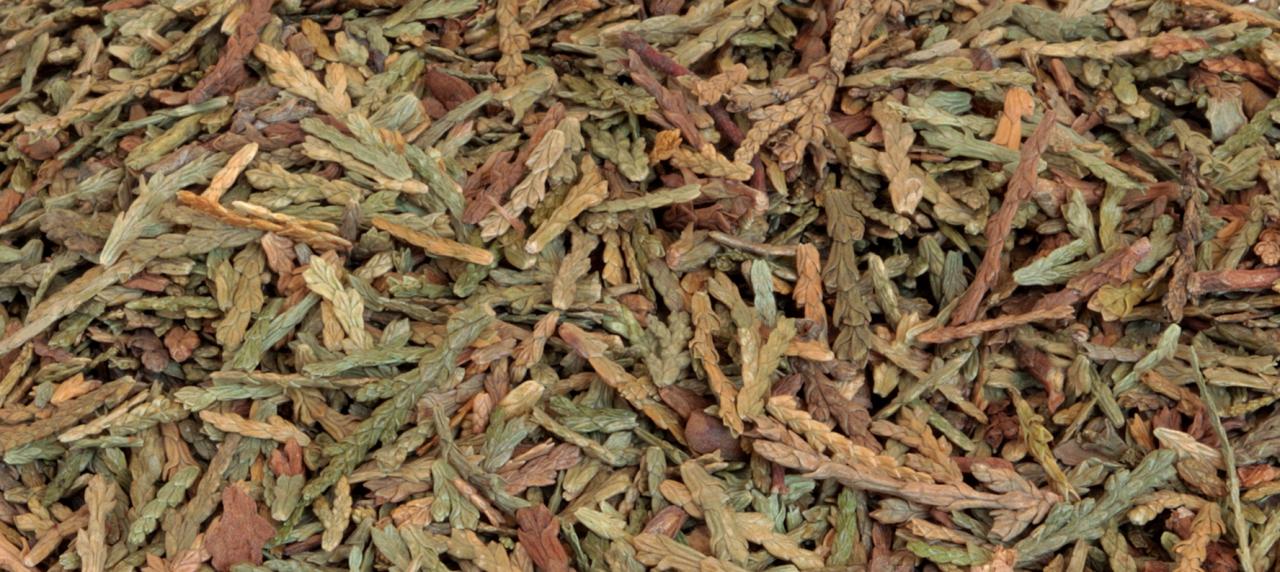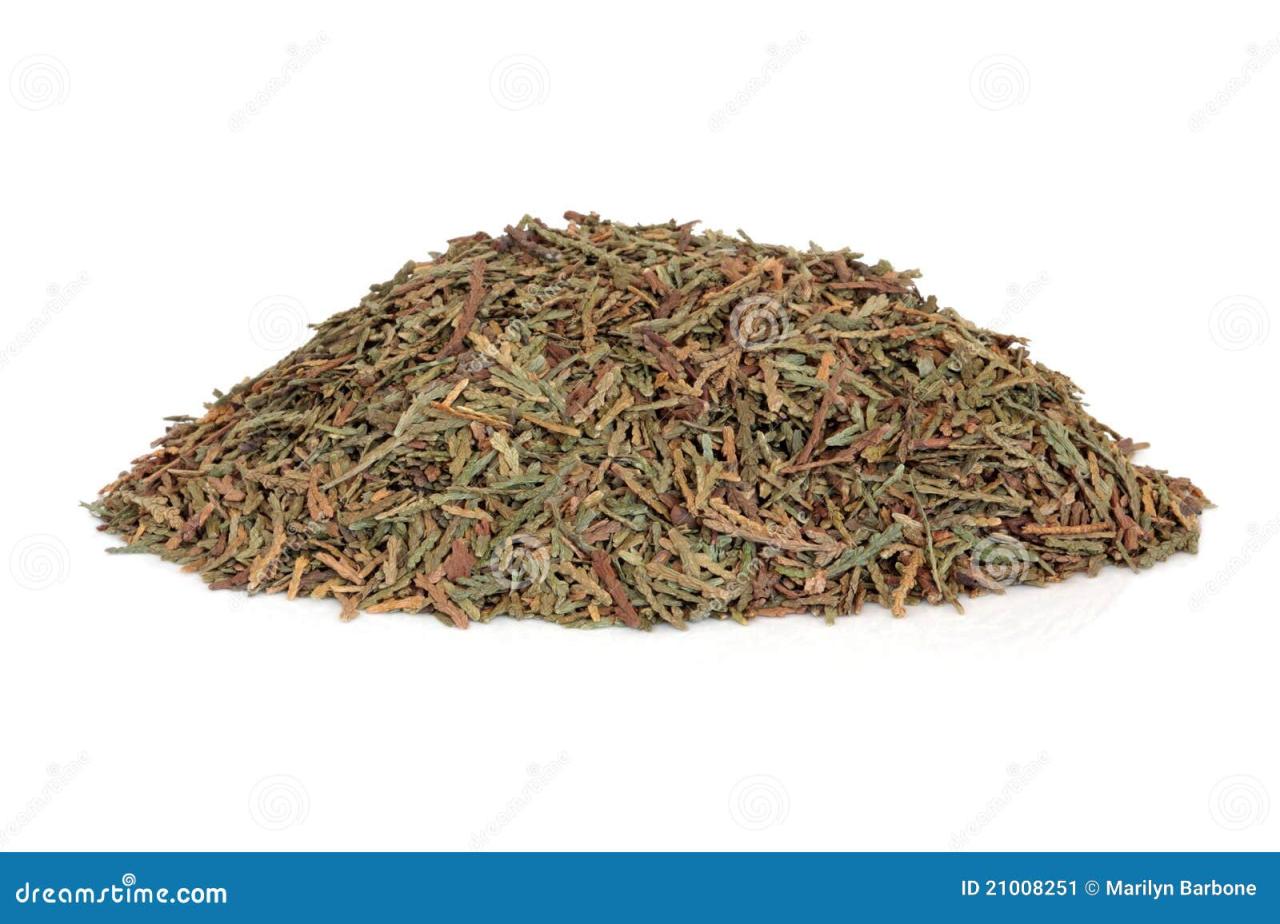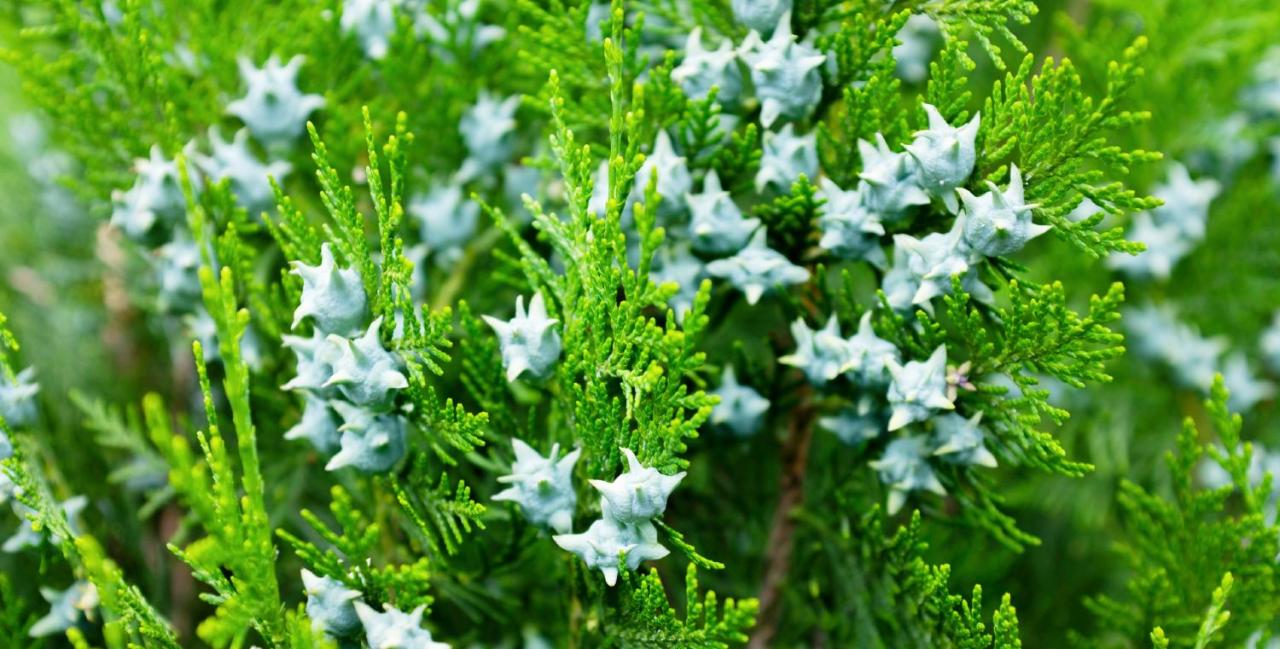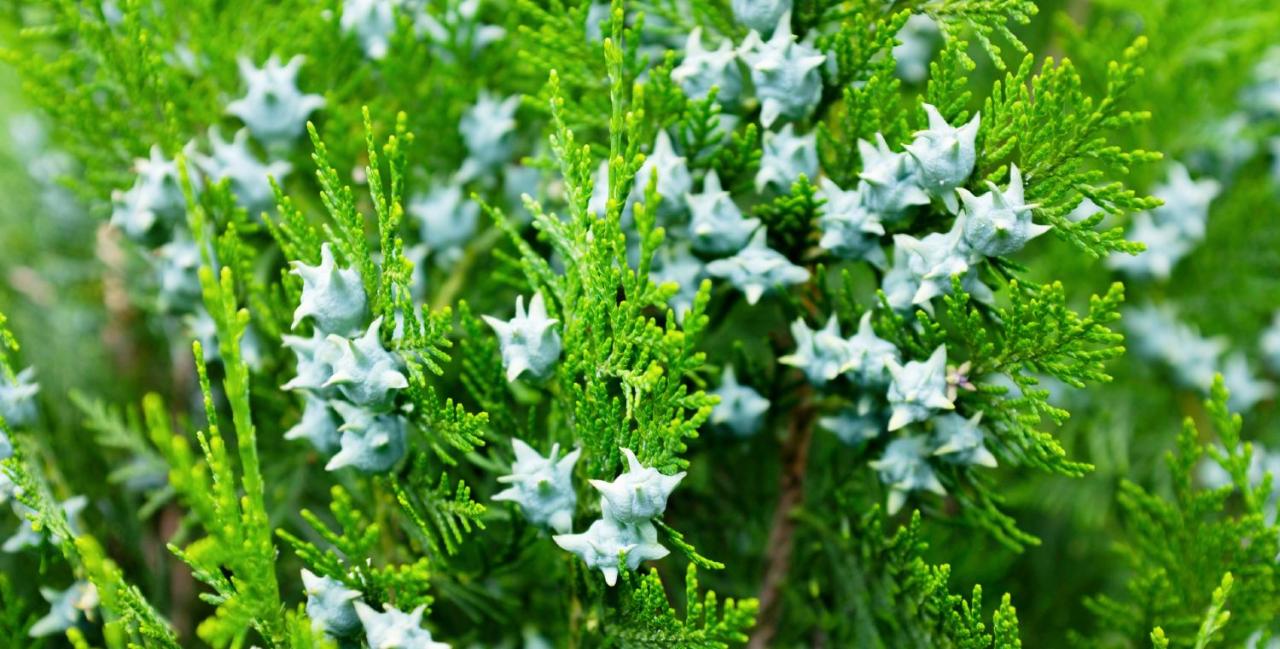Biota Herb: The Secret to a Long and Healthy Life – a phrase that evokes a sense of mystery and promise. For centuries, this herb has been revered in traditional medicine for its potential to enhance longevity and overall well-being.
From ancient healers to modern researchers, Biota herb has captured the attention of those seeking natural solutions to health challenges. This exploration delves into the captivating history, science, and potential benefits of this remarkable herb, revealing its secrets and illuminating its path to a longer, healthier life.
Biota herb, scientifically known as -Platycladus orientalis*, is a coniferous evergreen native to East Asia. Its unique botanical characteristics, including its distinctive scale-like leaves and aromatic resin, have long been recognized for their medicinal properties. Biota herb contains a rich array of bioactive compounds, including flavonoids, terpenoids, and essential oils, which are believed to contribute to its wide range of potential health benefits.
Introduction to Biota Herb
Biota herb, also known asPlatycladus orientalis*, has a rich history in traditional medicine, particularly in East Asian cultures. For centuries, it has been valued for its potential health benefits, with its use documented in ancient texts and traditional practices.
Botanical Characteristics
Biota herb is a coniferous evergreen tree native to China and Korea. It is characterized by its pyramidal shape, reaching heights of up to 20 meters. The leaves are small, scale-like, and arranged in opposite pairs. The tree produces small, round cones that mature in the fall.
Active Compounds and Potential Health Benefits
Biota herb contains a variety of active compounds, including flavonoids, terpenoids, and essential oils. These compounds have been linked to a range of potential health benefits, including:
Antioxidant Properties
Biota herb’s antioxidant properties are attributed to its high concentration of flavonoids. These compounds help protect cells from damage caused by free radicals, which are unstable molecules that can contribute to aging and disease.
Anti-inflammatory Effects
Biota herb has demonstrated anti-inflammatory effects in studies. Its terpenoids and essential oils are believed to play a role in reducing inflammation, which is a key factor in many chronic diseases.
Potential for Respiratory Health
Traditional medicine has long used Biota herb for respiratory ailments. Studies suggest that its essential oils may have bronchodilator effects, potentially helping to relieve symptoms of asthma and other respiratory conditions.
Potential for Skin Health
Biota herb has also been used topically for skin conditions. Its anti-inflammatory and antioxidant properties may contribute to its potential benefits for skin health.
Health Benefits of Biota Herb: Biota Herb: The Secret To A Long And Healthy Life

Biota herb, scientifically known asPlatycladus orientalis*, has been used in traditional medicine for centuries, particularly in East Asian cultures. This evergreen conifer, native to China, is renowned for its potential health benefits, attributed to its rich phytochemical composition. While scientific research on Biota herb is still ongoing, several studies have highlighted its potential therapeutic applications.
Antioxidant Properties
Biota herb contains various bioactive compounds, including flavonoids, terpenoids, and phenolic acids, known for their potent antioxidant properties. Antioxidants help combat oxidative stress, a process linked to various chronic diseases, including cancer, heart disease, and Alzheimer’s disease. Biota herb extracts have been shown to scavenge free radicals, protect cells from damage, and reduce inflammation, potentially contributing to improved overall health.
Anti-Inflammatory Effects
Inflammation is a natural immune response, but chronic inflammation can contribute to various health problems. Biota herb has been shown to exhibit anti-inflammatory properties, reducing the production of inflammatory mediators like cytokines. Studies suggest that Biota herb may be beneficial in managing inflammatory conditions like arthritis and inflammatory bowel disease.
Potential Anti-Cancer Effects
Several studies have explored the potential anti-cancer effects of Biota herb. Biota herb extracts have been shown to inhibit the growth and proliferation of cancer cells in vitro and in vivo. The mechanisms behind these effects are complex, involving apoptosis induction, cell cycle arrest, and angiogenesis inhibition.
While further research is needed, these findings suggest that Biota herb may hold promise as a complementary therapy for cancer treatment.
Antimicrobial Activity
Biota herb extracts have demonstrated antimicrobial activity against various bacteria and fungi. This property makes Biota herb a potential natural remedy for infections, particularly skin infections. Traditionally, Biota herb has been used topically to treat skin conditions like eczema and acne.
Neuroprotective Effects
Some studies suggest that Biota herb may have neuroprotective effects, protecting the brain from damage caused by oxidative stress and inflammation. Biota herb extracts have been shown to improve cognitive function and memory in animal models. These findings suggest that Biota herb may hold potential for managing age-related cognitive decline and neurodegenerative diseases like Alzheimer’s disease.
Cardiovascular Health
Biota herb has been linked to potential benefits for cardiovascular health. Studies suggest that Biota herb may help lower blood pressure, reduce cholesterol levels, and improve blood flow. These effects may contribute to a reduced risk of heart disease and stroke.
Other Potential Benefits
Beyond the above, Biota herb has been traditionally used for various other health conditions, including:
- Respiratory problems: Biota herb is believed to help alleviate respiratory issues like asthma and bronchitis.
- Digestive disorders: Biota herb may aid in digestion and relieve symptoms of indigestion and diarrhea.
- Pain relief: Biota herb has been used topically for pain relief, particularly for muscle aches and joint pain.
Safety and Precautions, Biota Herb: The Secret to a Long and Healthy Life
While Biota herb is generally considered safe, it’s important to note that some individuals may experience side effects, such as mild gastrointestinal upset or allergic reactions. Pregnant and breastfeeding women should avoid Biota herb unless advised by a healthcare professional.
It’s crucial to consult with a healthcare provider before using Biota herb, especially if you have any underlying health conditions or are taking medications.
Biota Herb in Traditional Medicine

Biota herb, scientifically known asPlatycladus orientalis*, has a rich history of use in traditional medicine across various cultures. Its therapeutic properties have been recognized and utilized for centuries, with its applications ranging from respiratory ailments to skin conditions.
Historical Use in Traditional Medicine
Biota herb has been employed in traditional medicine for centuries, particularly in East Asian cultures. In traditional Chinese medicine (TCM), it is known as “bai zhu” and has been used to treat a wide range of conditions. For instance, it is believed to have anti-inflammatory, anti-tussive, and expectorant properties, making it effective in treating coughs, bronchitis, and asthma.
- In Korean traditional medicine, Biota herb is called “baek-chu” and is valued for its ability to alleviate respiratory problems, such as coughs and asthma. It is often used in herbal teas and decoctions to soothe the respiratory tract.
- In Japanese traditional medicine, Biota herb is known as “biwa” and is used for its anti-inflammatory and antimicrobial properties. It is commonly used in the treatment of skin infections, wounds, and burns.
Traditional Methods of Preparing and Administering Biota Herb
Traditional methods of preparing and administering Biota herb vary depending on the specific culture and the intended medicinal use. However, some common methods include:
- Decoction:This involves boiling Biota herb in water for a prolonged period, typically 30-60 minutes, to extract its active compounds. The resulting decoction can be consumed orally or used as a topical application.
- Infusion:This method involves steeping Biota herb in hot water for a shorter duration, typically 10-15 minutes. The resulting infusion is often consumed as a tea or used for external applications.
- Tincture:Biota herb can be extracted with alcohol to create a concentrated liquid extract called a tincture. Tinctures are typically taken orally in small doses.
Cultural Beliefs and Practices Associated with Biota Herb
Biota herb is often associated with cultural beliefs and practices, particularly in East Asian cultures. For example, in TCM, Biota herb is considered to be a “lung-clearing” herb and is believed to strengthen the lungs and improve respiratory function.
- In some cultures, Biota herb is used in traditional ceremonies and rituals. For instance, in Japan, Biota herb is sometimes burned as incense to purify the air and ward off evil spirits.
- Biota herb is also believed to have protective properties and is often used to ward off negative energies and promote good health.
Modern Research on Biota Herb
While traditional use of Biota herb has spanned centuries, modern scientific research is shedding light on its potential therapeutic properties and mechanisms of action. Recent studies have investigated the efficacy and safety of Biota herb in various contexts, exploring its potential benefits for human health.
Key Findings from Scientific Studies
Several scientific studies have explored the potential therapeutic properties of Biota herb. These studies have investigated its effects on various aspects of human health, including:
- Antioxidant Activity:Biota herb has been shown to possess potent antioxidant properties. Studies have demonstrated its ability to scavenge free radicals, protecting cells from oxidative damage. This antioxidant activity may contribute to its potential benefits in preventing chronic diseases. For example, a study published in the Journal of Ethnopharmacology found that Biota herb extract exhibited significant antioxidant activity in vitro, suggesting its potential to combat oxidative stress-related conditions.
- Anti-inflammatory Effects:Biota herb has been shown to possess anti-inflammatory properties. Studies have demonstrated its ability to inhibit the production of pro-inflammatory cytokines, which are involved in the inflammatory response. This anti-inflammatory effect may contribute to its potential benefits in managing inflammatory conditions.
While Biota Herb is a popular remedy for a healthy and long life, cultivating your own indoor garden can also be a rewarding and therapeutic experience. For those seeking a low-maintenance approach to indoor gardening, How to Propagate African Violets: The Lazy Gardener’s Guide provides a detailed guide to easily propagate these beautiful flowering plants.
The gentle care required for African Violets mirrors the mindful approach to wellness often associated with Biota Herb, offering a calming and enriching connection to nature.
For instance, research published in the International Journal of Molecular Medicine found that Biota herb extract significantly reduced inflammation in animal models, suggesting its potential for treating inflammatory diseases.
- Neuroprotective Effects:Some studies have suggested that Biota herb may possess neuroprotective properties. Research has indicated that it may protect brain cells from damage caused by oxidative stress and inflammation. This neuroprotective effect may contribute to its potential benefits in preventing cognitive decline and neurodegenerative diseases.
For example, a study published in the Journal of Agricultural and Food Chemistry found that Biota herb extract protected brain cells from damage induced by oxidative stress, suggesting its potential for preventing Alzheimer’s disease.
- Immunomodulatory Effects:Biota herb has been shown to possess immunomodulatory properties. Studies have demonstrated its ability to modulate the immune response, enhancing the body’s natural defenses against infections and diseases. This immunomodulatory effect may contribute to its potential benefits in boosting the immune system.
For instance, research published in the Journal of Ethnopharmacology found that Biota herb extract enhanced the immune response in animal models, suggesting its potential for improving immune function.
Mechanisms of Action
The mechanisms of action underlying the potential therapeutic effects of Biota herb are complex and not fully understood. However, research suggests that its beneficial effects may be attributed to the presence of various bioactive compounds, including flavonoids, terpenoids, and phenolic acids.
These compounds are believed to exert their effects through various pathways, including:
- Antioxidant Activity:Biota herb’s antioxidant properties are attributed to the presence of flavonoids and phenolic acids, which act as free radical scavengers, protecting cells from oxidative damage.
- Anti-inflammatory Effects:The anti-inflammatory effects of Biota herb may be attributed to its ability to inhibit the production of pro-inflammatory cytokines, such as TNF-alpha and IL-6, through various signaling pathways.
- Neuroprotective Effects:Biota herb’s neuroprotective effects may be mediated by its ability to reduce oxidative stress and inflammation in brain cells, protecting them from damage and promoting neuronal survival.
- Immunomodulatory Effects:Biota herb’s immunomodulatory effects may be attributed to its ability to modulate the immune response by activating immune cells and enhancing the production of immune mediators, such as cytokines and antibodies.
Ongoing Research and Clinical Trials
The potential benefits of Biota herb have sparked ongoing research and clinical trials to further investigate its efficacy and safety. These studies are exploring the use of Biota herb in various contexts, including:
- Cancer Prevention and Treatment:Some studies have investigated the potential anticancer properties of Biota herb. Research has indicated that it may inhibit the growth and proliferation of cancer cells, suggesting its potential for preventing and treating cancer. For example, a study published in the Journal of Ethnopharmacology found that Biota herb extract exhibited anti-proliferative activity against human breast cancer cells in vitro, suggesting its potential for breast cancer treatment.
- Cardiovascular Health:Research is exploring the potential benefits of Biota herb for cardiovascular health. Studies have indicated that it may reduce blood pressure, improve blood lipid profiles, and protect the heart from damage. For example, a study published in the Journal of Traditional and Complementary Medicine found that Biota herb extract lowered blood pressure in animal models, suggesting its potential for managing hypertension.
- Cognitive Function:Ongoing research is investigating the potential of Biota herb to improve cognitive function and prevent cognitive decline. Studies have indicated that it may enhance memory, attention, and learning abilities, suggesting its potential for preventing age-related cognitive decline and Alzheimer’s disease.
For example, a study published in the Journal of Ethnopharmacology found that Biota herb extract improved cognitive function in animal models, suggesting its potential for treating cognitive impairment.
How to Use Biota Herb
Biota herb can be incorporated into your wellness routine in various ways, offering potential health benefits. Here’s a guide to using biota herb safely and effectively.
Biota Herb Tea
Biota herb tea is a common and convenient way to consume the herb. It’s made by steeping dried biota leaves in hot water.
- To prepare biota herb tea, use 1-2 teaspoons of dried biota leaves per cup of hot water.
- Steep for 5-10 minutes, then strain the leaves before drinking.
- You can enjoy biota herb tea up to three times daily.
Biota Herb Supplements
Biota herb supplements are available in various forms, such as capsules, tablets, and extracts.
- Always follow the dosage instructions provided by the manufacturer.
- Consult with a healthcare professional before taking biota herb supplements, especially if you have any underlying health conditions or are taking other medications.
Topical Applications
Biota herb can also be applied topically for certain skin conditions.
- Biota herb oil, creams, or ointments are available and can be applied directly to the affected area.
- Always follow the instructions on the product label.
Dosage and Frequency
The appropriate dosage and frequency of biota herb use vary depending on the individual and the intended purpose.
- It’s crucial to start with a low dose and gradually increase it as needed.
- Consult with a healthcare professional to determine the appropriate dosage for your specific needs.
Potential Side Effects and Contraindications
Biota herb is generally considered safe when used in moderation. However, some potential side effects may occur, such as:
- Gastrointestinal upset, including nausea, vomiting, or diarrhea.
- Allergic reactions, such as skin rash, itching, or swelling.
Biota herb may interact with certain medications, including blood thinners and anti-inflammatory drugs.
It’s essential to consult with a healthcare professional before using biota herb, especially if you have any underlying health conditions or are taking other medications.
Biota Herb and a Long and Healthy Life
Biota herb, also known as thuja, has been used for centuries in traditional medicine for its purported health benefits. While scientific research on biota herb is still ongoing, some studies suggest it may have a positive impact on longevity and overall well-being.
Potential Connection Between Biota Herb and Longevity
The potential connection between biota herb consumption and longevity is a complex and multifaceted topic. While no definitive studies have established a direct causal link, traditional use and some preliminary research suggest potential benefits.
Factor |
Potential Connection to Biota Herb |
Evidence |
|---|---|---|
Antioxidant Properties |
Biota herb contains antioxidants that may help protect cells from damage, potentially contributing to a longer lifespan. |
Studies have shown that biota herb extracts exhibit antioxidant activity in vitro. |
Anti-Inflammatory Effects |
Chronic inflammation is linked to aging and various diseases. Biota herb’s anti-inflammatory properties may help mitigate this risk. |
Some studies suggest that biota herb extracts have anti-inflammatory effects in animal models. |
Immune System Modulation |
A robust immune system is essential for healthy aging. Biota herb may support immune function by stimulating immune cells. |
Preliminary research suggests that biota herb may modulate immune responses in animal models. |
Biota Herb’s Role in Promoting Overall Health and Well-being
Beyond its potential link to longevity, biota herb is believed to promote overall health and well-being through various mechanisms.
- Antioxidant Activity:Biota herb contains antioxidants that can help neutralize free radicals, which are unstable molecules that can damage cells and contribute to aging and disease.
- Anti-Inflammatory Effects:Biota herb’s anti-inflammatory properties may help reduce inflammation throughout the body, which is associated with a wide range of chronic conditions.
- Immune System Support:Biota herb may help boost the immune system by stimulating immune cells, making the body more resilient to infections and diseases.
- Cardiovascular Health:Some studies suggest that biota herb may have beneficial effects on cardiovascular health by lowering blood pressure and cholesterol levels.
- Mental Clarity and Cognitive Function:Biota herb has been traditionally used to enhance mental clarity and cognitive function. Some studies suggest it may have neuroprotective effects.
Anecdotal Evidence of Biota Herb’s Positive Effects
While scientific research is still ongoing, anecdotal evidence from individuals who have used biota herb suggests potential benefits.
“I’ve been taking biota herb tea for years, and I feel like it’s helped me stay healthy and energetic. I’m 75 years old, and I feel much younger than my age.”
Biota Herb, a traditional remedy revered for its potential to promote longevity and overall well-being, has captured the attention of modern health enthusiasts. This ancient herb, often hailed as “The Secret to a Long and Healthy Life,” offers a natural approach to addressing contemporary health concerns.
To delve deeper into the multifaceted benefits of Biota Herb and its relevance in today’s world, explore the insightful article, Biota Herb: A Timeless Herbal Solution for Today’s Problems. By understanding the historical and scientific aspects of Biota Herb, we can unlock its potential to contribute to a healthier and more fulfilling life.
John, a long-time user of biota herb.
“After using biota herb capsules for a few months, I noticed a significant improvement in my joint pain and overall mobility.”
Mary, a person who experienced relief from joint pain.
Ending Remarks

Biota herb stands as a testament to the enduring power of nature to promote health and longevity. From its historical use in traditional medicine to ongoing scientific investigations, its potential benefits continue to be explored and validated. Whether consumed as a tea, supplement, or topical application, Biota herb offers a natural pathway to enhance well-being and potentially extend life’s journey.
As research continues to unravel the secrets of this remarkable herb, the promise of a long and healthy life with Biota herb grows stronger, inspiring individuals to embrace its potential and embark on a journey towards a more fulfilling future.
Q&A
Is Biota herb safe for everyone to consume?
While generally considered safe, Biota herb may interact with certain medications or have potential side effects. It is essential to consult with a healthcare professional before incorporating Biota herb into your regimen, especially if you have pre-existing medical conditions or are taking medications.
Where can I find Biota herb?
Biota herb is available in various forms, including dried herb, tea blends, supplements, and essential oils. It can be found at health food stores, online retailers, and some traditional medicine practitioners.
What are the best ways to consume Biota herb?
Biota herb can be consumed as a tea, taken in supplement form, or applied topically as an oil or cream. The most appropriate method of consumption will depend on your individual needs and preferences.
